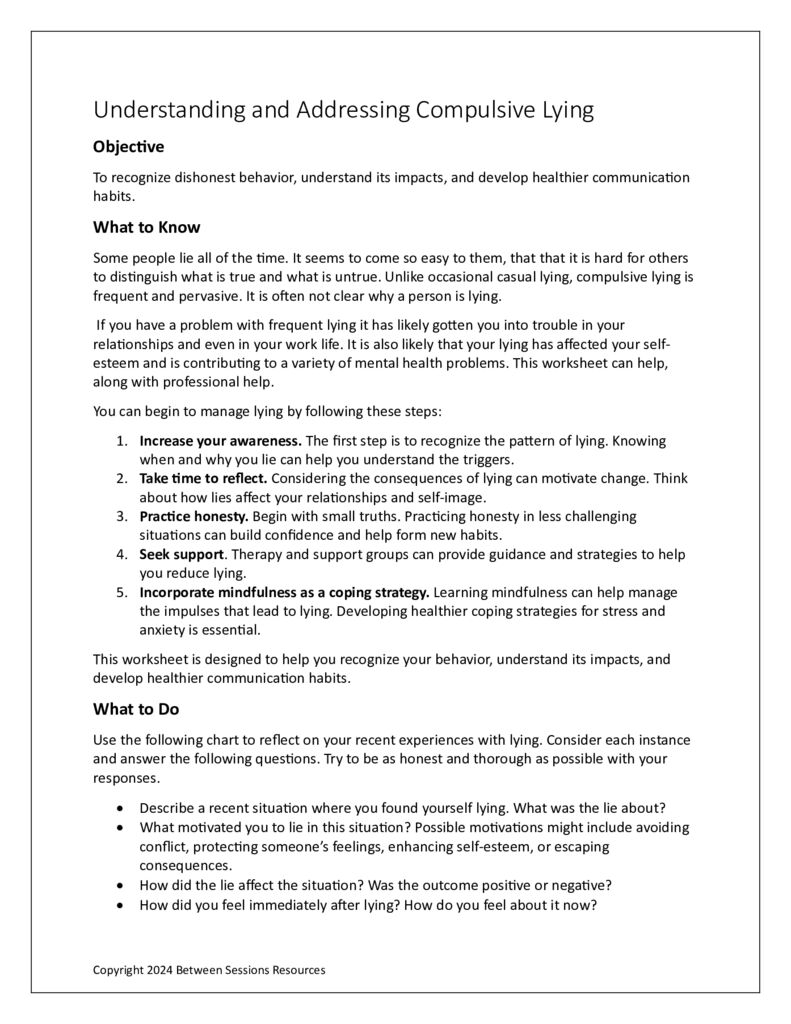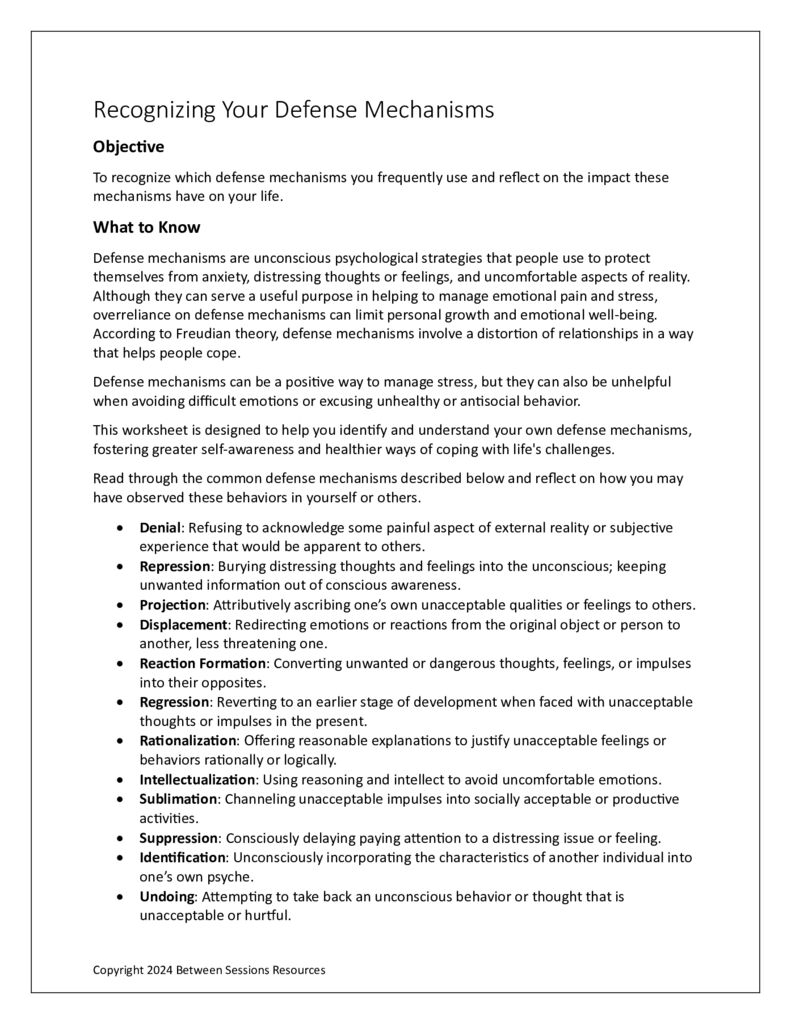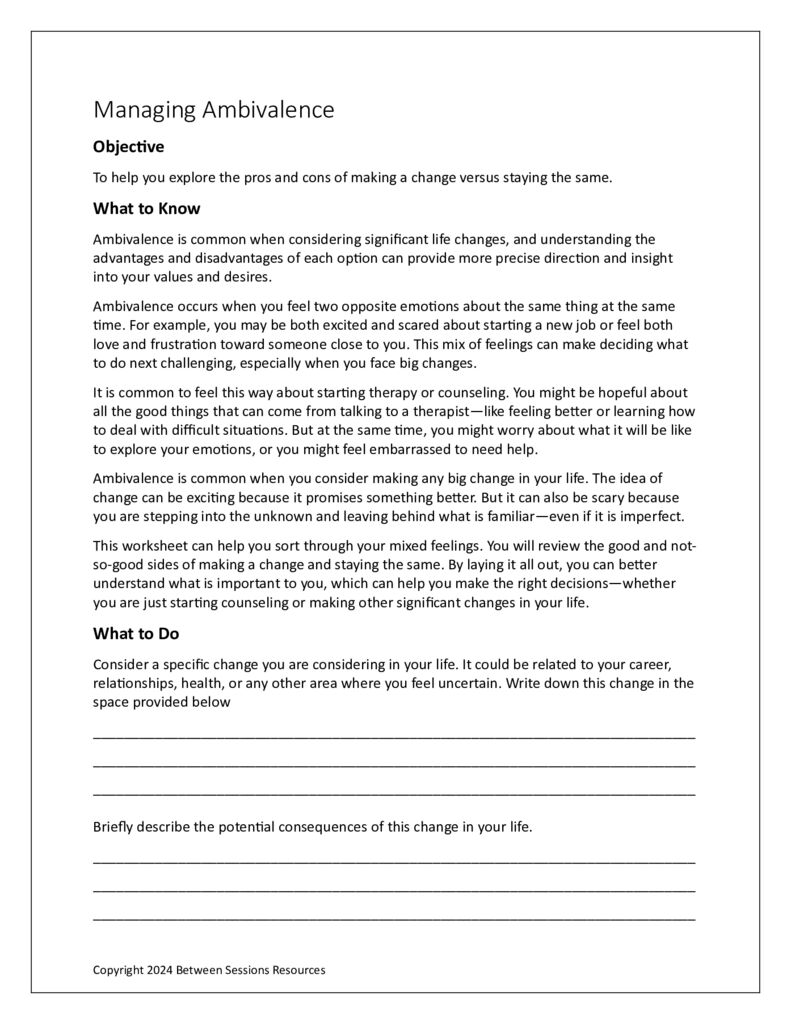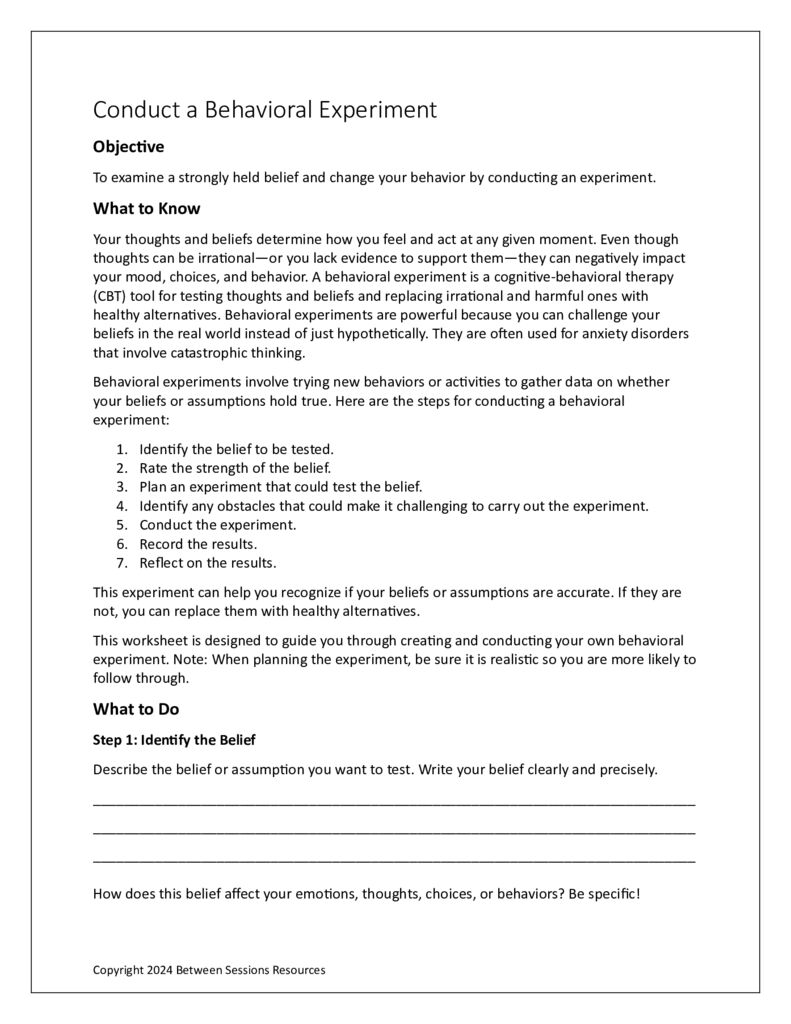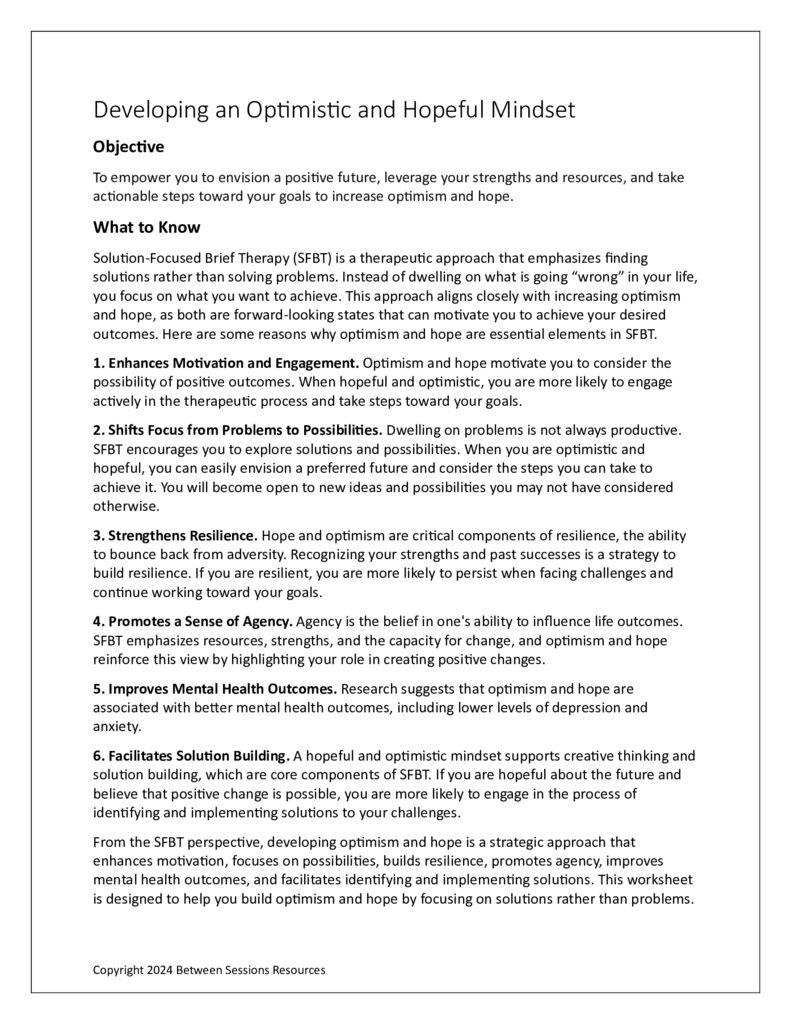This worksheet is designed to help adults set boundaries on their regular media and social media so that they don’t become overwhelmed by the constant flow of news. The worksheet provides specific recommendations for people to track and limit their media time and includes a chart to help them keep track of their time, the platforms they use, and their moods. (0724. media, social media, anxiety, depression)
This worksheet goes beyond the conventional wisdom of telling people to connect with others who are like them (bonding) and encourages them to also make social connections with people who are not like them (bridging). The worksheet focuses on helping people set goals to become more socially active and to take small steps to achieve those goals. (0724, depression, isolation, loneliness)
This mood log can help people keep track of triggers, moods, and patterns affecting their emotional regulation. (0624, moods, Bipolar Disorder, depression anxiety, assessment)
This worksheet suggests that people make a playlist to help them shift their mood if they are angry, depressed, anxious, or upset. It guides them to select a song that reflects their current feelings, and then several transition songs. The playlist ends with a song that could trigger a desired emotion. (0624, depression, music therapy, mood, emotional regulation)
This worksheet is designed to help people visually explore and organize their thoughts and feelings. In drawing a map, people are asked to reflect on connections between thoughts and feelings, boundaries that should be put in place, and more. (0524, mind map, insight, planning, coaching)
This worksheet is intended to help people recognize dishonest behavior, understand its impacts, and develop healthier communication habits. It explores how compulsive lying can affect relationships and contribute to other mental health problems. (0524, lying, pathological lying, compulsive lying)
This worksheet is designed to help you introduce the concept of defense mechanisms to your clients. Defense mechanisms can include denial, repression, projection, idealization, compartmentalization, and more. (0424. depression, psychodynamic therapy)
This worksheet encourages people to explore how they deal with ambivalence in their lives thinking about the pros and cons and the consequences of making changes. It also helps people identify the barriers to change and consider how they can be overcome. (0424, depression, anxiety, relationships, decisions, problem-solving, CBT)
This worksheet challenges people to test their beliefs about their problems by trying new behaviors. The worksheet takes people through a systematic approach to trying new behaviors, including anticipating challenges and obstacles, observing changes, and analyzing the results of the “experiment.” (0424, behaviors, solution-oriented therapy, CBT)
This approach to increasing optimism is based on Solution-Focused Brief Therapy (SFBT). The worksheet is designed to increase motivation, shift a person’s focus from problems to possibilities, stimulate creative thinking, and more. (0424, hope, depression, Solution Focused Therapy, agency)






